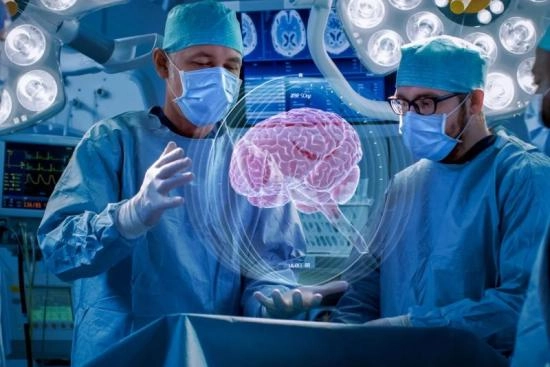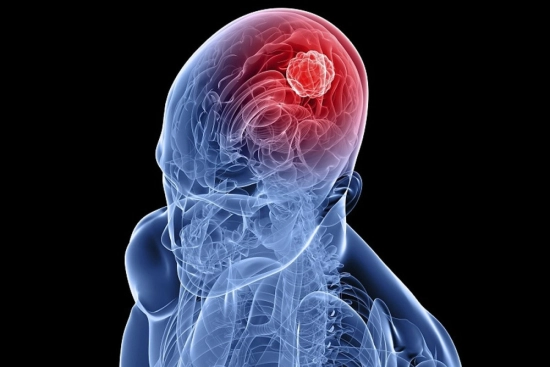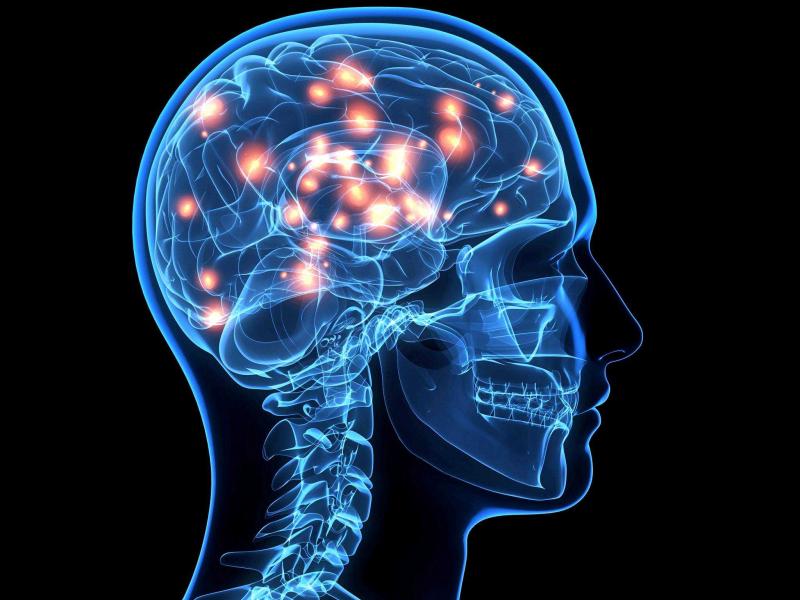The nervous system represents all the nerves and neurons (nerve cells). It is responsible for circulating the messages that come from the brain and the spinal cord to the other parts of the body and those from the rest of the body to the spinal cord and the brain. This complex network can be affected by several diseases such as epilepsy, Alzheimer's disease or Parkinson's disease.
With a growing reputation for excellence, neurosurgery in Turkey offers patients access to advanced technology and a pool of highly skilled surgeons, making it a compelling option for complex neurological procedures.
Neurosurgery cost in the best brain hospital in Istanbul
Turquie Santé allows patients to have neurosurgery that is performed by the best professionals and experienced specialists in Turkish hospitals.
You can get the costs of the best hospitals and the most equipped ones in Turkey. The presence of a consulting service makes it possible to contact our partner doctors for free.
Thanks to our counselors, you'll get a clear idea about the brain and spine surgery cost in Istanbul, Izmir, or Antalya.
Best Clinics with Verified Reviews

- Multispecialized hospital
- 7 operating rooms
- Capacity é of 170 beds

- Multispecialized hospital
- Hospital founded in 2007
- Very good reputation in ENT department
What is neurosurgery?
Neurosurgery is the field of medicine that deals with the different pathologies of the:
- Nervous system
- The peripheral nerves
- The brain and the spine
This medical field aims at curing several diseases through several treatments and measuring brain function. Therefore, any operation that affects the nervous system will be performed by the neurosurgeon in private neuropsychiatric hospitals in Turkey.

Brain and spine diseases that can be treated with neurosurgery in Turkey
The neurosurgical pathologies that can be treated in Turkey thanks to neurosurgery are the following:
- Brain vessels pathologies: haemorrhage and an intracranial hematoma
- Brain and spinal cord tumours
- Facial tumours
- Trigeminal neuralgia
- Spinal tumours
- Meningioma or arachnoid cap cells, cancer
- Squamous cell tumour
- Adenoma
- Star-shaped cell cancer

A neurosurgical examination in the best brain hospital in Istanbul
The neurosurgical examination in the best brain hospital in Istanbul Turkey is useful. This is because the neurosurgeons will be able to assess the presence and extent of pathologies. These diseases can affect the central and the peripheral nervous system as well as the spine.

How to choose the best treatment?
As a result, they can define the most effective treatment based on the accurate diagnosis. Sometimes, surgery can be adequate for a limited number of patients. During the visit, your surgeon will inform you about the date and the techniques that can be used during the operation.
What is the first step of the treatment?
The neurosurgeon will be in charge of dealing with diseases of surgical interest in the brain, spinal cord, and nerves. The evaluation by the neurosurgeon should be the first step in the treatment of various diseases. In this way, the best neurosurgeons in Turkey can establish the most appropriate therapy. Therefore, they will avoid any unnecessary waste of energy, time, and money.
The most common symptoms of neurological diseases
There are also problems related to incidentalomas (symptomless tumours found by accident). They are an occasional confirmation of neurosurgical pathology through a neuroradiological examination. The neurologist primarily performs this examination for other clinical reasons and for which there is a neurosurgical problem without clinical evidence.
The most common symptoms are:
- Acute and chronic lower back pain
- Sciatica
- Neurogenic claudication and severe headache
- Imbalance problems (mental confusion or ataxia)
- Hearing impairment, diplopia, Anosmia, and aphasia
- Syncope
- Outcomes of head trauma and back pain after trauma
- Urinary incontinence
- Continuous headache and tingling in the hands
What are the potential neurological treatments?
Multiple treatments can be provided to the patient? Such as drugs treatments and surgery. The latter includes numerous possibilities such as:
- The less invasive surgery that requires a short period of hospitalization
- Maximum pain control
- Minimal scars
- Early resumption of daily activities
In addition, the possible complications can be reduced to a minimum, and they are always manageable.
What are the risks of neurosurgical interventions?
Our clinics and hospitals in Turkey and Istanbul have achieved technological advances in diagnostic and surgical techniques. However, risks and complications of some neurosurgical interventions are still significant, especially regarding:
- Underlying skull tumours
- Cerebral vascular malformations
- Difficult vertebra-medullary pathologies
Is there a risk of dying during the intervention?
There is not a significant risk of dying during the surgery, which is mainly due to general anaesthesia. The average risk is about 0,001%, which means that one patient may die for every 100,000 people operated on. Brain impairment after neurosurgery is a very rare complication that its probability has not been put into numbers.
How to prevent them?
The objectives of a neurosurgeon should be to:
- Provide patients with the highest quality of care
- Offer patients the opportunity to improve symptoms or at least to stabilize them
- Minimize the surgical risk of complications
- Optimize recovery after the surgery thanks to rehabilitative treatments for a rapid return to daily activities
Share this page






